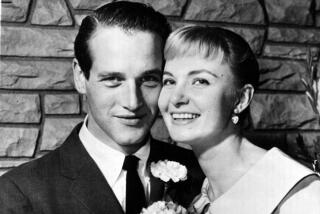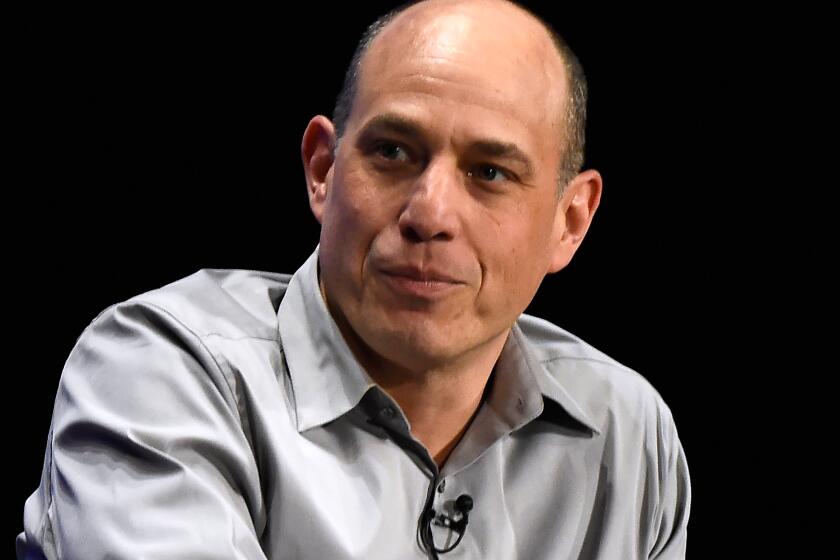FICTION
THE STRATEGIES OF ZEUS by Gary Hart (Morrow: $18.95; 360 pp.). It is not every day that the front-runner for the Democratic nomination for President of the United States writes a novel. When it happens, questions arise: Is it going to make points directed at highlighting the candidate’s own admirable views? Will unpolitic sentiments be left out? Will the sex scenes be toned down?
The answer to all these questions here is, not surprisingly, yes. But even saying that, this is not a bad effort. The story centers around the U.S.-Soviet disarmament talks in Geneva. The time is late 1987 to early 1988. In Washington and Moscow, hawkish elements and ambitious politicians conspire to up the ante in the Cold War with provocative military exercises. In Geneva, the negotiators struggle to find a compromise that will sidetrack the saber rattlers. An American man from Montana, a Soviet woman interpreter from Leningrad, both single parents, begin meeting with one another secretly to exchange information on the respective national positions in hopes of facilitating agreement.
Some of the dialogue sounds as if it had been written for delivery on the U.S. Senate floor, but Hart’s story moves well enough. It is less squalid than many political novels. And some of the points he makes--if not the liaison between “Frank Connaughton” and “Ekaterina Davydova”--ring true.
But there are times that Hart just cannot resist playing a little politics of his own. This is his fifth book and second novel, although his first was written with someone else. Now, he is truly on his fictional own. At least, it may be presumed he did it himself; most ghostwriters would be a trifle smoother. There is a maladroit twist at the end that only a politician in the full flower of his pre-campaign would have conceived. Hart cannot let slip the opportunity to make the American protagonist look more noble than the Russian, after having been fairly evenhanded up until then. After all, he is not primarily a novelist. He is primarily appealing to the 1988 electorate: the American electorate, of course.
More to Read
Sign up for our Book Club newsletter
Get the latest news, events and more from the Los Angeles Times Book Club, and help us get L.A. reading and talking.
You may occasionally receive promotional content from the Los Angeles Times.









